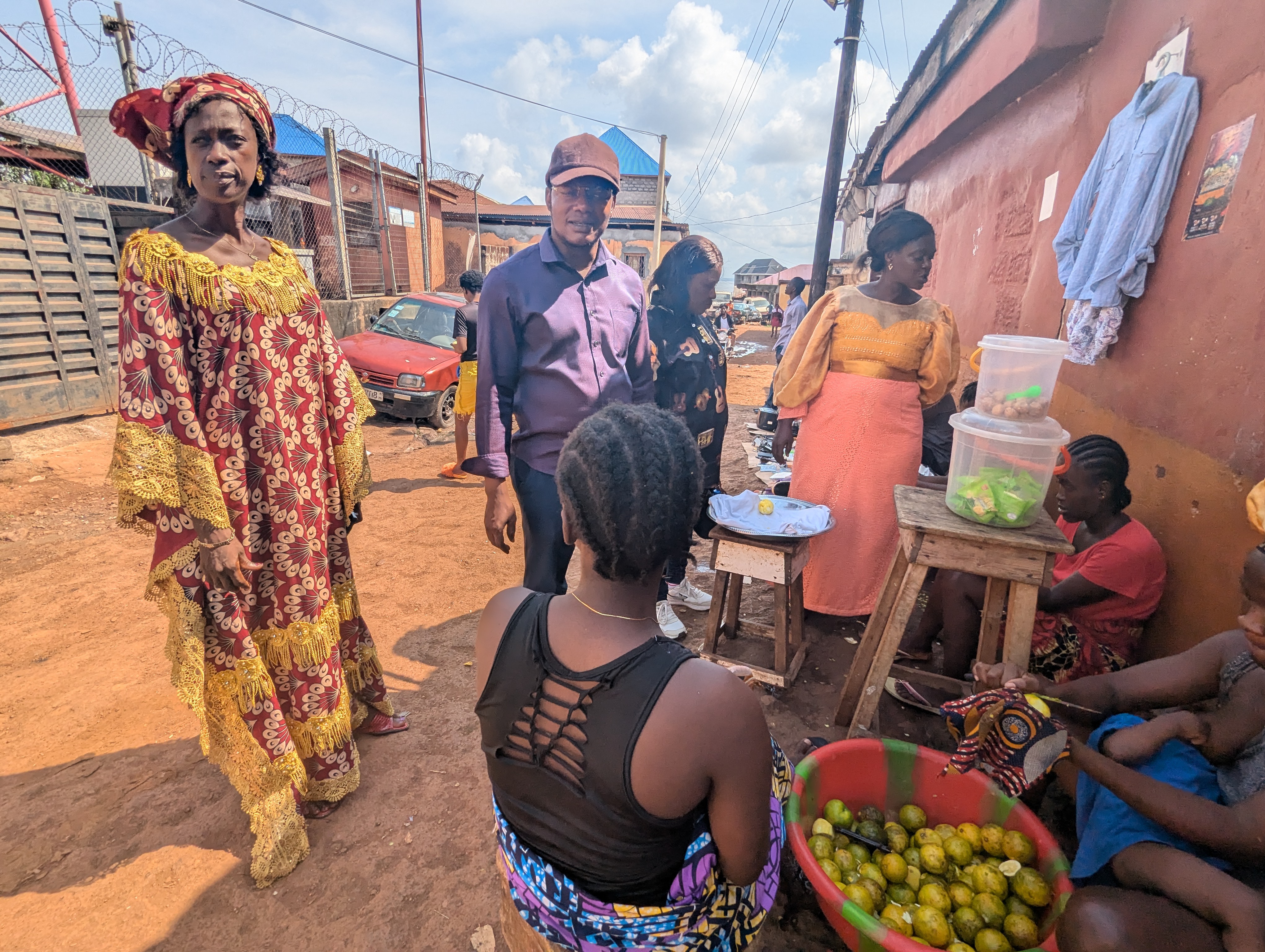The International Women’s Day is observed worldwide on Monday 8th March.
Search
Region
Country
Type
Indira Oli is the vice-chair of Sanibheri Rural Municipality, West Rukum. Rukum is one of the places of origin of the decade-long civil war (1996-2006) in Nepal.
As a student union representative, she advocated for gender equality in the sector of education and politics. Moreover, the aim to provide equal rights for all economic classes during the civil war with the Maoist group motivated her to run for the elections and to be a part of politics as a women representative.
It struck us to find out how (badly) women are treated on social media. As a pilot effort, International IDEA is working together with MEMO 98, a Slovak-based non-profit media-monitoring organisation, to analyze how women politicians are treated on social media in Fiji.
Across the world, women face challenges to participate in politics, from confronting hate speech to internal party obstacles and lack of subsidized maternity leave. What are the best ways to increase women’s participation in elections and within party politics? What has been the influence of the #MeToo movement? Is it just about increasing the numbers of women in parliament?
La pandemia de COVID-19 ha impuesto una enorme presión sobre la democracia electoral en todo el mundo. Muchas elecciones han tenido que posponerse, mientras que otras se han realizado pero con adaptaciones.
La Junta de Asesores de IDEA Internacional tuvo su primera reunión del año el 22 de febrero de 2021 y dio la bienvenida a siete nuevos miembros de la Junta. Durante la reunión, la Sra. Njeri Kabeberi fue elegida como la nueva Presidenta de la Junta y la Sra. Laura Chinchilla como la Vicepresidenta para 2021.
In the lead up to International Women's Day 2021, we are reminded that political representation of women remains low in most countries. Women represent only about 25 per cent of all elected parliamentarians globally (IPU 2021). With the current pace, it is estimated to take another 47 years to reach gender parity in parliaments (International IDEA 2019). Political finance regulations play a major role in promoting women’s political participation and representation.
El pasado miércoles 24 de febrero se presentó la acción conmemorativa “Paraguayas que nos inspiran”, una serie de entrevistas audiovisuales a mujeres que han podido alcanzar espacios de liderazgo considerados tradicionalmente masculinos. El evento se realizó en la Sala Bicameral de Congreso Nacional, y contó con la presencia del Sr. Paolo Berizzi, embajador de la Unión Europea en Paraguay, y de Lourdes González-Prieto, Directora del Programa Paraguay de IDEA Internacional.
The design of a ballot paper is important. The ballot conveys the voter’s intentions and political choices: a good design presents clear and understandable options to voters and reduces the chances of voter error. But beyond this utilitarian function, the ballot carries a powerful symbolic value of the compact between the citizen and the state, or, more simply put: ‘my vote matters’.
There is considerable variation in how citizens cast their ballot around the world during ‘normal times’. The traditional vision of an election is that citizens vote at polling stations using a paper ballot. However, modern technology has enabled voting at electronic kiosks and even remote internet voting. Elections have increasingly been made more convenient by allowing citizens to cast
International IDEA’s Board of Advisers had its first meeting of the year on 22 February 2021, welcoming seven new Board members. During the meeting, Ms Njeri Kabeberi was elected as the new Chair of the Board and Ms Laura Chinchilla as the Vice Chair for 2021.
En el inicio de la pandemia, muchos países pospusieron las elecciones. Sin embargo, a partir de junio de 2020, hubo un cambio de tendencia y estas comenzaron a celebrarse nuevamente. Gracias al intercambio de información y la colaboración entre pares, las autoridades electorales adquirieron conocimientos sobre los riesgos y las medidas de prevención y de mitigación.
El miércoles 26 de febrero de 2020, Brasil reportó el primer caso de una persona contagiada con el virus SARS-CoV-2. El 7 de marzo, falleció en Argentina la primera persona a causa de covid-19. Apenas cuatro días después, el 11 de marzo, la Organización Mundial de la Salud (OMS) declaró que el coronavirus era una pandemia global.
The Coherence Programme, a co-creation of Ministry of Federal Affairs and General Administration (MoFAGA), Department for International Development (DFID, now Foreign, Commonwealth and Development Office or FCDO), and International IDEA has recently launched its mentoring support to three more local governments in Lumbini Province of Nepal in partnership with Nitishala Nepal
At the start of the pandemic, many countries postponed elections. From June 2020, the trend shifted to holding elections. Thanks to information sharing and peer-to-peer exchanges, election authorities gained an understanding of the risks and prevention/mitigation measures.
Special voting arrangements (SVAs) are designed to expand voting opportunities to individuals who are otherwise not able to vote. Safeguards that protect the equality, secrecy and transparency of the vote are vital for successful implementation of SVAs. Over the past few decades, countries across Europe have been increasingly adopting SVAs—particularly postal, early and mobile forms of voting. The COVID-19 pandemic has further accelerated their use throughout the year 2020.
This GSoD In Focus aims at providing a brief overview of the state of democracy in Europe at the end of 2019, prior to the outbreak of the pandemic, and then assesses some of the preliminary impacts that the pandemic has had on democracy in the region in the last 10 months.
Key facts and findings include:
While Latin Americans struggle to leave behind the bleak year of 2020 they’re dealing with a pandemic that has left more than 550,000 dead; their economies are trying to recover from the worst recession in a century; and they are going through a new super-cycle of elections that began with Bolivia’s October 2020 general elections and that will not culminate until late 2024.
